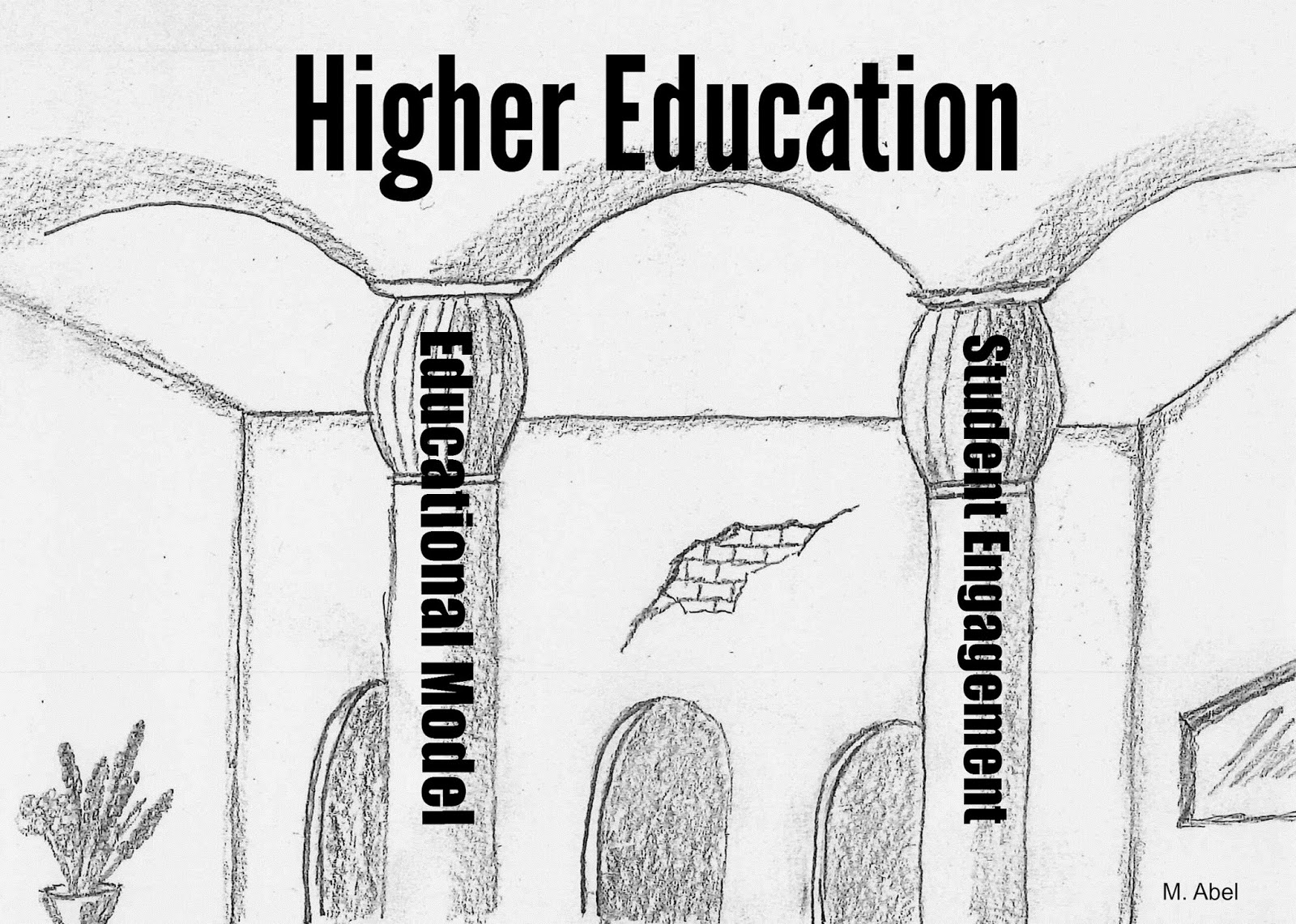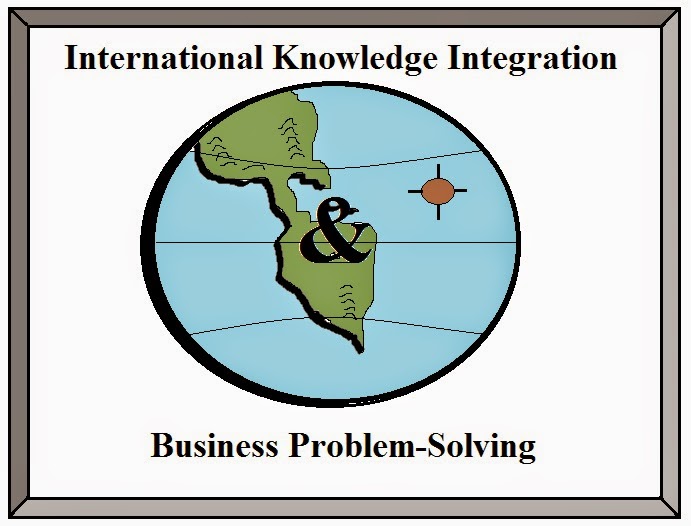As business
information and financial transactions increases there will be a need for more
international oriented higher education curriculum. Online education affords an
opportunity for greater global reach and revenue development without
overburdening cost existing structures. Technology has adapted over the years
to allow similar platforms of classes to be used across borders to encourage
international higher education.
The global business community that makes up a large portion of international firms have different needs then domestic productions. Senior leadership positions will require a higher level of cultural awareness and additional understanding of how systems work within different cultures. Such leaders will need to develop a wider perspective commerce through proper preparation.
International Education Models:
Crossing international borders offer some advantages but rests on 1.) host institution, 2.) technology, 3.) learning models of students and 4.) learning models of teachers (Sadyknova & Dauterman, 2009). These four domains provide a way to understand how sharing resources and technology matched with sound learning and teaching theory can be beneficial.
Universities sometimes partner with other universities to offer programs that they do not or cannot offer themselves due to lack of enrollment. Under mutual agreement these universities may exchange programs to enhance both entities by sharing course resources. As technology increases and distance learning becomes mainstream the transference of shared courses will be easier.
Models for teaching online is also improving and as more universities conduct research in online education and adapt current models to teaching and learning in a virtual environment the stronger the system becomes. Some argue that online education is making its way from disruptive technology to mainstream with distinct advantages for both students and colleges who adapt it and financial disadvantages to those who don’t.
Student Engagement as a Priority Factor:
Having the right models and technology only brings you so far because it is the students that need to engage the classroom for higher levels of learning. It doesn’t’ matter much how efficient universities become or their models if students are not willing to engage the classroom. The same problem occurs in traditional and online education.
Engagement is influenced by the nature of the course, its technical approach, its practicality, and the students background (Pimpa, 2011). Students will need to find some interest in the actual course and believe that it is practical information that is beneficial for their futures. When they engage, pay attention and complete work they are more likely to be satisfied with the outcomes.
Making It Work Together:
Higher education can take any form from sitting under a tree to zooming cyber world as long as students learn practical information that enhances their lives and opportunities. Research is starting to support the financial and educational benefits of online education. Universities that are suffering under heavy legacy costs, supersized facilities, and expensive structures are seeking ways to revamp.
Online education has strong international possibilities as Internet access gains momentum in most developing nations with intense hunger for higher education. Sometimes these universities will partner, swap, or collaborate with domestic universities. At other times universities may decide to go it alone and develop their own curriculum to meet the needs of the local student population and the requirements of the international community.
Sadykova, G. & Dautermann, J. (2009). Crossing cultures and borders in international online distance higher education. Journal of Asynchronous Learning Networks, 13 (2).
Pimpa, N. (2011). Engaging international business students in the online environment. International Journal of Management Education, 9 (3).
The global business community that makes up a large portion of international firms have different needs then domestic productions. Senior leadership positions will require a higher level of cultural awareness and additional understanding of how systems work within different cultures. Such leaders will need to develop a wider perspective commerce through proper preparation.
International Education Models:
Crossing international borders offer some advantages but rests on 1.) host institution, 2.) technology, 3.) learning models of students and 4.) learning models of teachers (Sadyknova & Dauterman, 2009). These four domains provide a way to understand how sharing resources and technology matched with sound learning and teaching theory can be beneficial.
Universities sometimes partner with other universities to offer programs that they do not or cannot offer themselves due to lack of enrollment. Under mutual agreement these universities may exchange programs to enhance both entities by sharing course resources. As technology increases and distance learning becomes mainstream the transference of shared courses will be easier.
Models for teaching online is also improving and as more universities conduct research in online education and adapt current models to teaching and learning in a virtual environment the stronger the system becomes. Some argue that online education is making its way from disruptive technology to mainstream with distinct advantages for both students and colleges who adapt it and financial disadvantages to those who don’t.
Student Engagement as a Priority Factor:
Having the right models and technology only brings you so far because it is the students that need to engage the classroom for higher levels of learning. It doesn’t’ matter much how efficient universities become or their models if students are not willing to engage the classroom. The same problem occurs in traditional and online education.
Engagement is influenced by the nature of the course, its technical approach, its practicality, and the students background (Pimpa, 2011). Students will need to find some interest in the actual course and believe that it is practical information that is beneficial for their futures. When they engage, pay attention and complete work they are more likely to be satisfied with the outcomes.
Making It Work Together:
Higher education can take any form from sitting under a tree to zooming cyber world as long as students learn practical information that enhances their lives and opportunities. Research is starting to support the financial and educational benefits of online education. Universities that are suffering under heavy legacy costs, supersized facilities, and expensive structures are seeking ways to revamp.
Online education has strong international possibilities as Internet access gains momentum in most developing nations with intense hunger for higher education. Sometimes these universities will partner, swap, or collaborate with domestic universities. At other times universities may decide to go it alone and develop their own curriculum to meet the needs of the local student population and the requirements of the international community.
Sadykova, G. & Dautermann, J. (2009). Crossing cultures and borders in international online distance higher education. Journal of Asynchronous Learning Networks, 13 (2).
Pimpa, N. (2011). Engaging international business students in the online environment. International Journal of Management Education, 9 (3).

